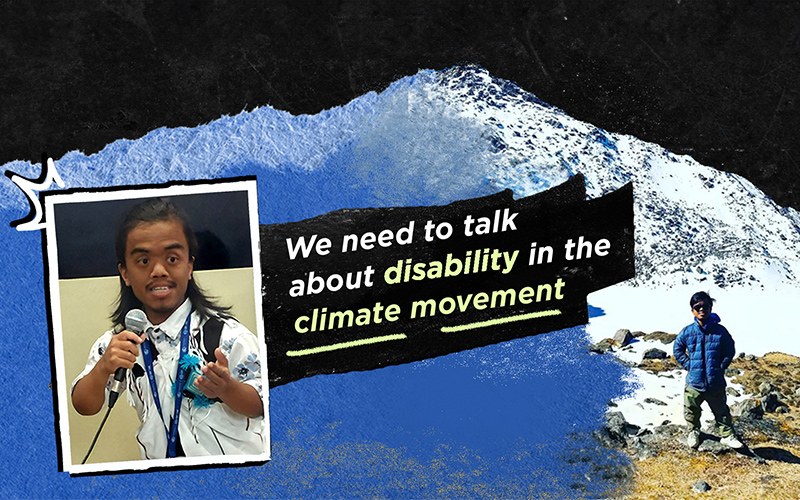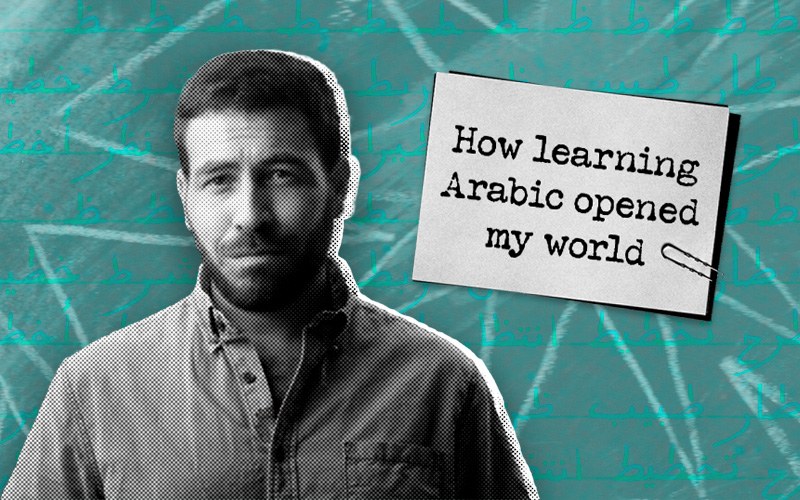As US universities struggle with the Israel-Hamas war, what's happening on campuses around the world?

By
Nearly immediately after Hamas’ brutal attack on Oct. 7 and Israel’s relentless bombing of the Gaza Strip that followed, turmoil erupted on college campuses across the United States.
There were tense, dueling protests at Columbia. A pro-Palestinian letter from Harvard campus groups that led to the doxxing of several students. And the suspension or deactivation of on-campus chapters of Students for Justice in Palestine.
“Campus political activism has been a famed part of American political life. And with the U.S.’s relationship with Israel and the conflict, people are going to have strong opinions on it,” said Sarah McLaughlin, senior scholar of global expression at the Foundation for Individual Rights and Expression.
Although the current discourse in American higher learning is especially contentious, this dynamic is not unique to the United States, McLaughlin says. Battles surrounding free speech are playing out at universities in Europe, as well as European society more generally.
Blue Marble spoke with McLaughlin about what’s happening on college campuses, what U.S. university presidents got right in their testimony before the House, and how lawmakers and students interact here and abroad.
This conversation has been edited for length and clarity.
Can you describe what you see happening on U.S. college campuses surrounding the Israel-Hamas war? Specifically statements being issued, demonstrations, and crackdowns on those things.
Public universities are bound by the First Amendment, so they can’t censor speech that is protected by the First Amendment. Private universities, however, have slightly different obligations. I think what we’re seeing is a breakdown of how this is going to be handled on private versus public universities. Especially over the past week, there has been immense pressure on elite private universities to do something about what some people deem as calls for genocide … pressure to crack down on speech about Israel and Palestine that would otherwise be protected by the First Amendment.
We’ve seen a lot of pressure on Students for Justice in Palestine chapters. Brandeis University, for example, derecognized its chapter. And Columbia University announced that they’re going to look at their conduct policies to crack down on speech that supports violence in any manner.
The Overview newsletter
The news you need to navigate our world, delivered to your inbox every weekday afternoon.
How would you compare this to campuses abroad? You alluded to the hearings with the university presidents. Does this situation feel uniquely American?
I would not say this is a uniquely American phenomenon. Especially in the U.K., I’m seeing the same questions: “Should we allow this student group that advocates for Palestine? Should we have planned lectures that are going to get into uncomfortable territory about Israel and Palestine?”
The difference that I see is that the U.S. has First Amendment protections that European countries don’t. To understand what’s happening on campuses in free countries — probably Europe, we’re talking about — you have to look at the broader speech restrictions that are going on right now, because not all of it is just a speech restriction on campus. A lot of it is broader legal restrictions on society in general in European countries. They’re not going to have the First Amendment protections we do for really controversial speech about issues like Israel and Palestine.
Estonia, for example, recently arrested people under their hate speech law for shouting, “From the river to the sea, Palestine will be free.” In France, the interior minister initially banned all pro-Palestine protests. In the U.K., [former Home Secretary] Suella Braverman was saying that police need to look into people who are waving Palestinian flags because it might be criminal in some contexts.
A lot of the, I guess you call them “cancel culture questions” about hosting Palestinian speakers, having Palestinian art, we’re seeing that come up a lot in Germany, in France, in the U.K.
What was your general reaction to the hearings?
I want to note that the university presidents were right to say that context matters. It’s not always the best or easiest answer to hear, but the reality is when you’re looking at questions of true threats or incitement, context is extremely important to determine whether speech is or is not protected. We’re seeing a lot of blurring of all political speech into a call for a genocide or a true threat. We need to do better explaining how some speech can be upsetting, can even talk about violence and genocide, but not be unprotected expression.
What’s frustrating from my point of view, especially as someone who researches and writes about global free speech issues, is we’re seeing what looks like a push to ban hate speech on campus. Anyone who spends a little bit of time looking into what that actually results in might be alarmed. Even the people who are advocating for it might not be pleased to find that the views they espouse might be considered hate speech.
A lot of times pushes for hate speech bans will backfire. It’s not just necessarily going to be students who are advocating for what can be considered extremely strongly held views about Israel. It might be what people say about trans issues, what people say about abortion, what people say about policing. You can’t cabin hate speech to just one point of view. It never works that way.
When you look at it in a global context, when people have the ability to use hate speech laws, they very often tend to use it to silence dissenters, to crack down, especially in unfree countries, on their own critics. It’s not some simple question of “This is hate speech, this isn’t.” It doesn’t work that way. And people should not expect it to work that way on campuses right now.
U.S. lawmakers seem particularly focused on college students and campuses when it comes to free speech. Do you see the same dynamic between lawmakers and students in other countries?
When it comes to lawmakers and this issue more generally, I do think there is a lot of attention on it, especially in countries like France and Germany. And some of that is those countries’ histories. They have a vested interest in ensuring that they don’t appear to be unaware or unresponsive to their own histories with the issues of antisemitism. So I understand why it is a major focus for lawmakers there. But I would contest that they’re doing this the wrong way.
If you look in Europe, you can see that these rules on hate speech have done very little to eliminate the vocal parts of European communities that are very openly antisemitic. You can’t legislate or conduct-code these things away. I think universities are about to find that out, and I hope they don’t.






